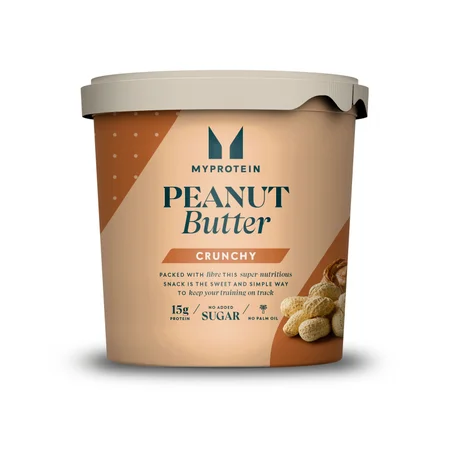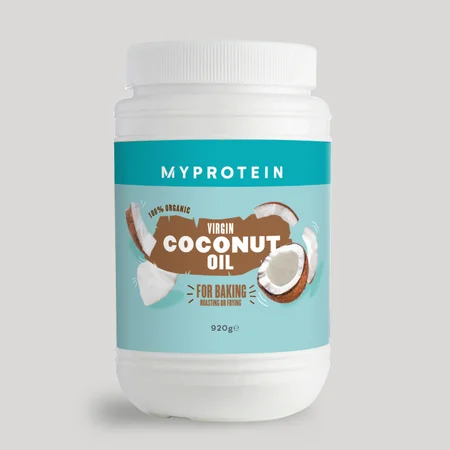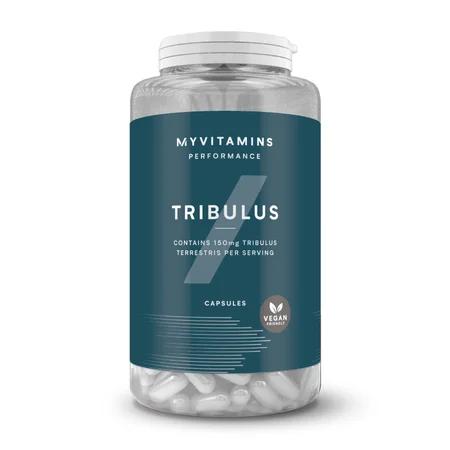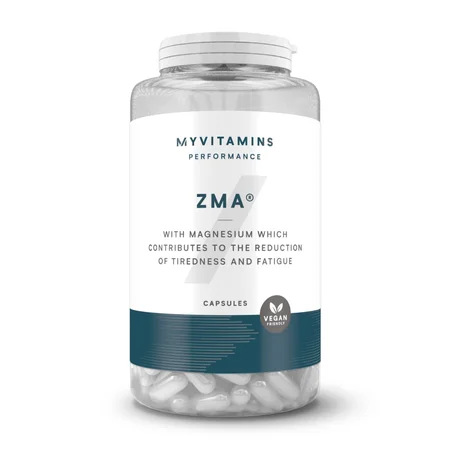Natural Ways To Boost Testosterone Levels


Testosterone & Muscle Mass
Eat Fats
One of the key ways to naturally increase your testosterone levels is by increasing your intake of dietary fats. With that being said, you do need to choose the types of fats you eat wisely.
Fats such as trans fats are unnatural and should be avoided where you can.
There are certain foods you should turn to as a source of healthy saturated and unsaturated fats. For example, for saturated fats, you should aim to eat foods such as red meats, eggs and coconut oil, and for unsaturated fats you should aim to eat foods such as nuts (almonds etc.), avocado, and oils such as olive oil.
There have been several different studies that suggest eating more fat can lead to an increase in testosterone levels.
It’s important to keep track of how much you are eating though, as an increase in fat intake will lead to an increase in cholesterol intake, and thus could lead to related diseases. If your cholesterol levels are already high, then you should consult your doctor before you decide to up your fat intake.
Cut Down On Body Fat
Another key way of boosting your testosterone levels is to cut some body fat. There have been many studies which show that higher levels of body fat can lead to lower testosterone levels. This means it will be easier for you to build muscle at lower body fat percentages.
However, keep in mind that, in order to reduce your body fat, you will need to eat in a caloric deficit, which could lead to losing some muscle. If you’re trying to increase your testosterone levels with the goal of improving your gains, then going on a long cut in a caloric deficit could be counterproductive.
Lift Weights
Lifting weights is a key way of increasing your testosterone levels. Studies have shown that the levels are at their highest 48 hours after weight lifting. The harder you train and the more frequently you train, the higher your testosterone levels will be.
Cut Down On The Booze
You may not want to hear this news, but drinking alcohol can reduce your testosterone levels. Studies have shown that alcohol consumption can reduce them for up to 24 hours. It can also increase your levels of cortisol and reduce your levels of HGH (human growth hormone).
Whilst the occasional drink won’t really do you much harm, drinking regularly can have negative effects on your testosterone levels and your overall health. Alcohol also contains a lot of calories (depending on your drink of choice) and if you’re trying to cut these additional calories won’t be helpful.
Get More Sleep
One study has shown that, for people with low testosterone levels, the most important factor in replenishing them could be getting more sleep.
A lack of sleep can affect your hormones in a variety of ways, which in turn affects your body’s level of testosterone. A healthy level of sleep often ranges from 7 to 8 hours.
Sleep should be prioritised, along with your diet and training, and has many other positive effects on your health. Your body also produces HGH (human growth hormone) when you sleep, which will further help you to build more muscle.
Creatine
Studies have shown that consuming creatine can lead to an increase in testosterone from 20-25%. Creatine can be found in red meats, as well as being available in supplement form. The recommended supplement dosage is between 5 and 10g.
Which supplements help to boost your testosterone levels?
1. D-Aspartic Acid
D-Aspartic Acid is an amino acid that’s involved in the synthesis of many different proteins. Research has shown that it is linked to the creation and release of testosterone, leading to the thought that it might be useful to increase testosterone levels.
2. Tribulus Terrestris
Tribulus Terrestris is a traditional Chinese medicine treatment for many health conditions. Known as puncture vine, this fruit producing plant has been shown to play a role in managing the many symptoms of low testosterone levels.
3. Ginseng
Ginseng is a popular herbal supplement used for both mental and physical performance. Research studies have supported the use of Ginseng as an aphrodisiac and effective at treating symptoms of sexual dysfunction.
4. Vitamin D
Vitamin D, in addition to being crucial for bone health, glucose metabolism, and cell growth, also acts as a signalling molecule for many other processes in the body. Vitamin D has been found to be linked to the synthesis of both estrogen and testosterone, with supporting research that it is crucial for healthy testosterone levels.
5. ZMA
Zinc is a mineral that is used by the body to metabolize many nutrients that are crucial for cell function. Low levels of zinc have been linked to testosterone deficiency, making ZMA a good option to keep your zinc levels optimized.
Learn more about testosterone...
Take Home Message
READ THESE NEXT:

Claire is a Registered Dietitian through the Academy of Nutrition and Dietetics and a board-certified Health and Wellness Coach through the International Consortium for Health and Wellness Coaching. She has a Bachelor of Science in Biology and a Master’s degree in Clinical Dietetics and Nutrition from the University of Pittsburgh.
Talking and writing about food and fitness is at the heart of Claire’s ethos as she loves to use her experience to help others meet their health and wellness goals.
Claire is also a certified indoor cycling instructor and loves the mental and physical boost she gets from regular runs and yoga classes. When she’s not keeping fit herself, she’s cheering on her hometown’s sports teams in Pittsburgh, or cooking for her family in the kitchen.
Find out more about Claire’s experience here.
- De Maddalena, C., Vodo, S., Petroni, A., & Aloisi, A. M. (2012). Impact of testosterone on body fat composition. Journal of cellular physiology, 227(12), 3744-3748.
- Wittert, G. (2014). The relationship between sleep disorders and testosterone in men. Asian journal of andrology, 16(2), 262.
- Roshanzamir, F., & Safavi, S. M. (2017). The putative effects of D-Aspartic acid on blood testosterone levels: A systematic review. International Journal of Reproductive BioMedicine, 15(1), 1.
- Roaiah, M. F., El Khayat, Y. I., GamalEl Din, S. F., & Abd El Salam, M. A. (2016). Pilot study on the effect of botanical medicine (Tribulus terrestris) on serum testosterone level and erectile function in aging males with partial androgen deficiency (PADAM). Journal of sex & marital therapy, 42(4), 297-301.
- Leung, K. W., & Wong, A. S. (2013). Ginseng and male reproductive function. Spermatogenesis, 3(3), e26391.
- Jensen, M. B. (2012). Vitamin D metabolism, sex hormones, and male reproductive function. Reproduction, 144(2), 135-152.
- Koehler, K., Parr, M. K., Geyer, H., Mester, J., & Schänzer, W. (2009). Serum testosterone and urinary excretion of steroid hormone metabolites after administration of a high-dose zinc supplement. European journal of clinical nutrition, 63(1), 65-70.














